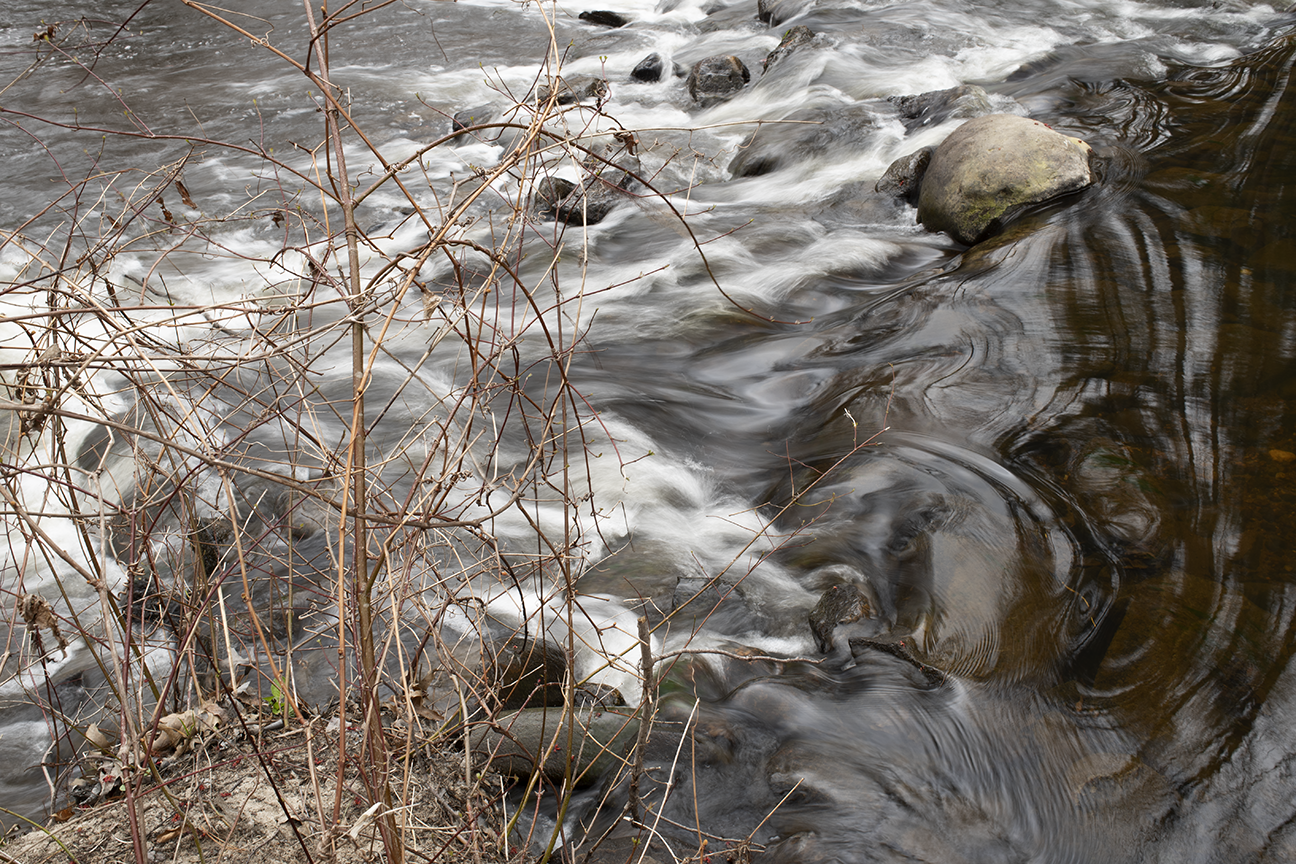
All We Don't Know is a theosophical consideration of water flow; and simultaneously a critique of the unjust and ignorant practices of the modern economy. These subjects are separate, and yet the study of each unveils lessons of the other. What can we learn from water in order to create more beautiful economies? What constraints have been placed on water in the modern economy? What has water learned in order to survive in the modern world, and what can we learn from that? "Many rivers around the world, large and small, are drying up before they reach their natural destinations. In addition to the Colorado River, five of the largest rivers in Asia- the Ganges, the Indus, the Yellow, and the Amu Dar'ya and Syr Dar'ya- no longer reach the sea for large portions of the year. Channelized rivers, such as the Rhine in Europe and a large stretch of the Missouri in the U.S. Midwest, no longer meander but rather flow artificially straight and deep to allow for the shipping and barging of goods. Levees have disconnected the mighty Mississippi River from 90 percent of its floodplain." (Rivers for Life, Postel, S.; Richter, B. 2003) Economists, for too long, have sliced our lives into thin equations, and treated the world as comprehensible and controllable. They have forgotten that humans are a natural phenomenon born between the Sun and Earth. Water exists in an unknowable state, and hence embodies mysteries which might help us repair our economy. The economy is deadly straight, egotistical, and distorted towards greed. None of these terms can be used to describe water flow.